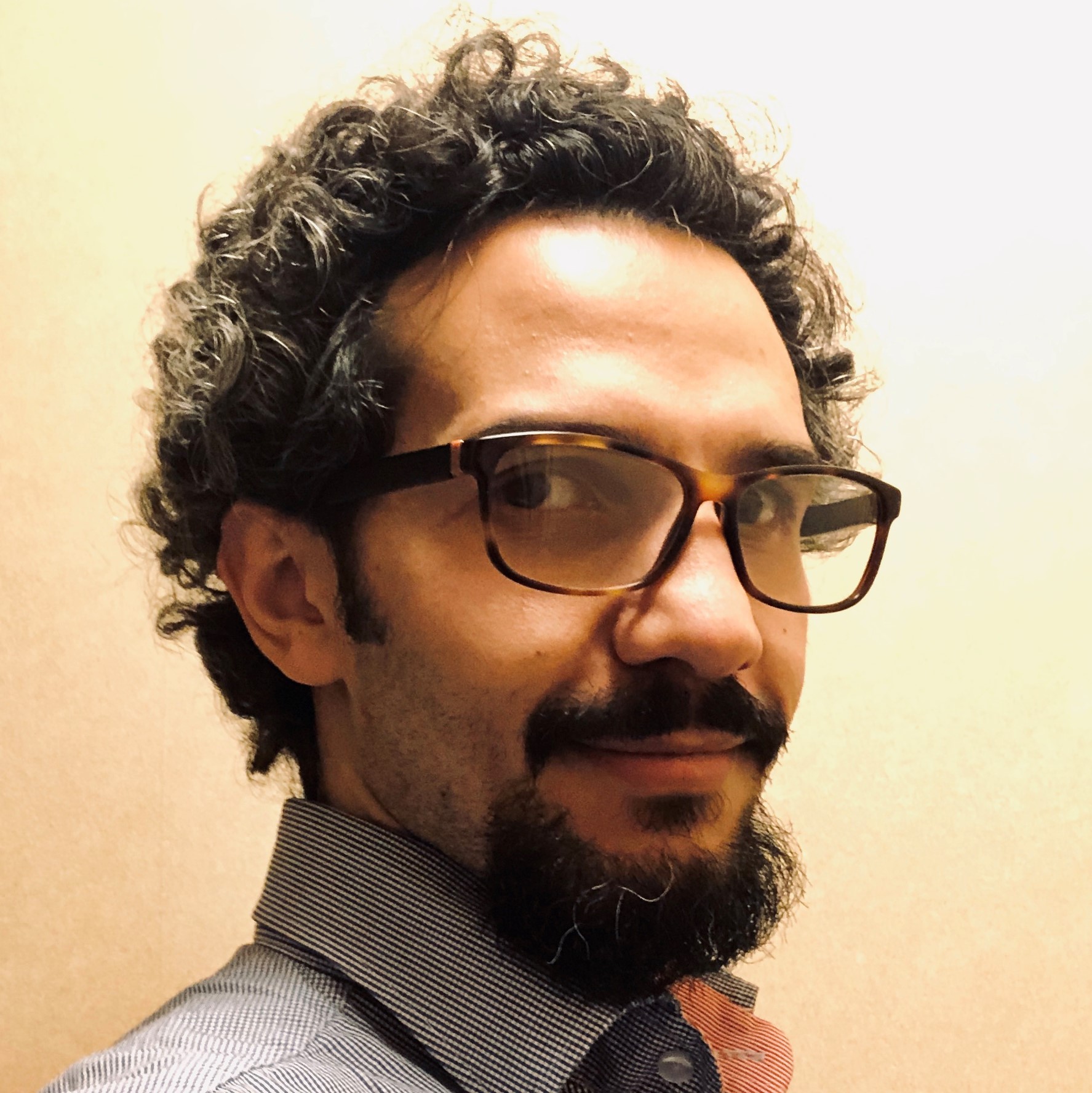2019 Human Biology Project Fellow
Columbia University
Mentors: Jean Paul Vonsattel, MD, James Goldman MD, PhD
What initially inspired you to enter into HD Research, and, since entering the field, what experiences have brought you to your current point in your career?
I read the work of Jean Paul Vonsattel on the pathology of HD and was very interested in the biologic mechanisms underlying the heterogeneity of HD severity in the brain. Some parts of the brain are severely affected, whilst others are relatively preserved. I was fascinated by this phenomenon, and wanted to explore the roles of astrocytes in mediating this selective vulnerability of brain regions in HD. So, I began working with Jean Paul on the various aspects of HD heterogeneity and how to address some of the pressing questions that remain to be answered in the field. One afternoon, Jean Paul introduced me to Nancy Wexler, who invited me to attend my first Huntington’s Disease Foundation meeting. There, I met fellow scientists who are unified in their quest to find a cure for HD. The comradery in the HD field inspired me to dedicate my career to researching the pathology of HD and hopefully discovering new ways to combat the disease.
In layman’s terms, please tell us some highlights about your HDSA-funded project. What is the potential impact of your project on the field of HD research and/or clinical outcomes for persons with HD?
In my HDSA-funded project, I set out to discover how the increasing severity of HD affects astrocytes, the major support cells of the brain. These cells maintain the health and functioning of neurons in the brain and are negatively affected by HD. Astrocytes can be helpful by protecting the brain from damage, but in the onset of HD they can become toxic and cause further problems. My project is aimed at defining the changes in astrocytes that occur with the progressive onset of HD. I have identified a group of proteins that seem to be increased in the parts of the brain that are not severely involved by HD. These proteins may have neuroprotective functions. If functionally validated, I believe this finding may be a promising approach to combat the deleterious effects of HD pathology on the brain.
What do you like most about your work or the HD research field?
I like the collaborative and supportive environment the HD research field sustains through ongoing discussions and symposia.
What are your biggest goals as you move forward in your career, or major areas of interest for future research?
My main career goals are to understand the molecular basis of astrocyte pathology in different diseases, and to leverage the neuroprotective potential of astrocytes to develop therapeutic strategies for individuals affected by HD and other neurodegenerative diseases.
When you’re not working on HD research, what do you do for fun?
I love to run and play chess. I build computers for fun, but that is an expensive hobby I try to sample only on occasion. I also hang out with my cat, who is a bit of an attention-hog.
What has the grant support from HDSA meant to you?
The HDSA funding was career-determining. It helped me focus on the science and generate the data I need to address my research questions. It is pivotal for my success and career development.

 Dr. Osama Al Dalahmah
Dr. Osama Al Dalahmah 